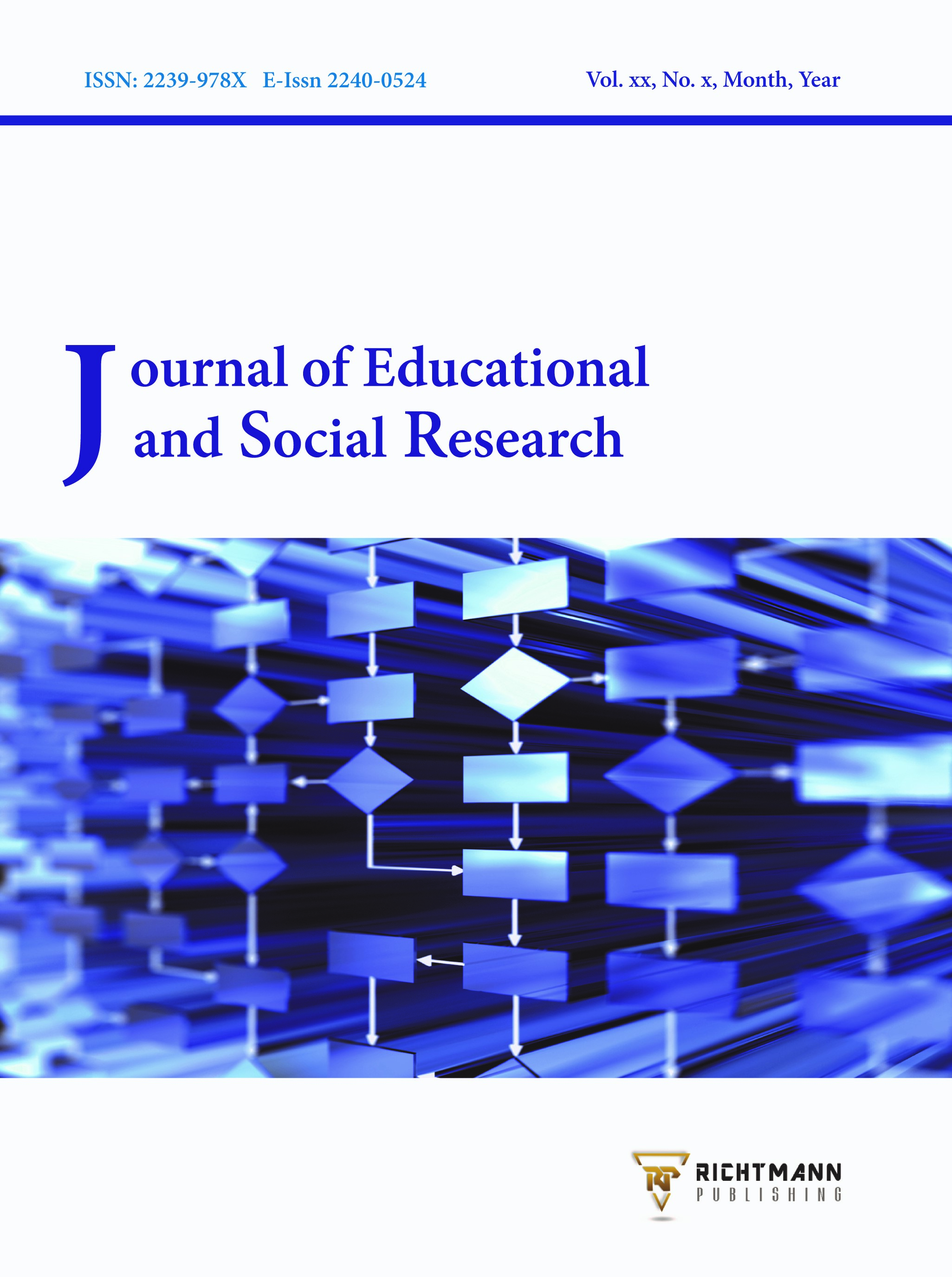Embracing Diversity in the Educational Landscape: Resource Supply and Inclusive Education in Secondary Schools
DOI:
https://doi.org/10.36941/jesr-2023-0128Keywords:
Educational access, funding, inclusiveness, special education, resources, educational policy, disabilityAbstract
Several studies have examined the challenges affecting the smooth implementation of inclusive education; focusing on resource inadequacies. However, these studies primarily relied on descriptive statistics: describing resource availability but not assessing their impact on policy implementation. The current study addresses this gap by analysing the extent of critical resource supply for implementing inclusive education and its influence on policy implementation. A descriptive survey design was adopted, targeting 281 principals from public secondary schools across three educational zones in Cross River State. Stratified proportionate sampling was used in selecting 120 principals as the sample. Data collection involved a structured questionnaire with an acceptable validity and a reliability indices. Descriptive statistics were used to answer the research questions, and Simple and multiple linear regression were used to test the hypotheses at the .05 level of significance. The findings of the study revealed low supply levels of physical, human, and financial resources for implementing inclusive education in secondary schools. The extent of inclusive education implementation was also found to be low. The study further indicated that the supply of physical, human, and financial resources collectively affected policy implementation, with physical resources having a greater impact. These results have practical implications for the government and stakeholders; emphasising the need for adequate physical, human, and financial resources to implement inclusive education in secondary schools.
Received: 9 July 2023 / Accepted: 23 August 2023 / Published: 5 September 2023
Downloads
Downloads
Published
Issue
Section
License

This work is licensed under a Creative Commons Attribution-NonCommercial 4.0 International License.
This work is licensed under a Creative Commons Attribution-NonCommercial 4.0 International License.









